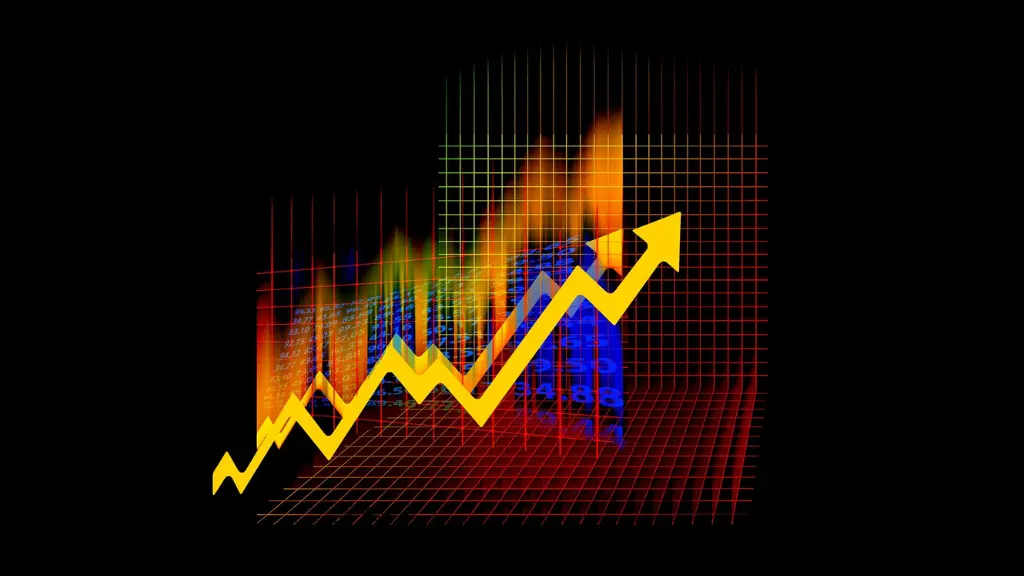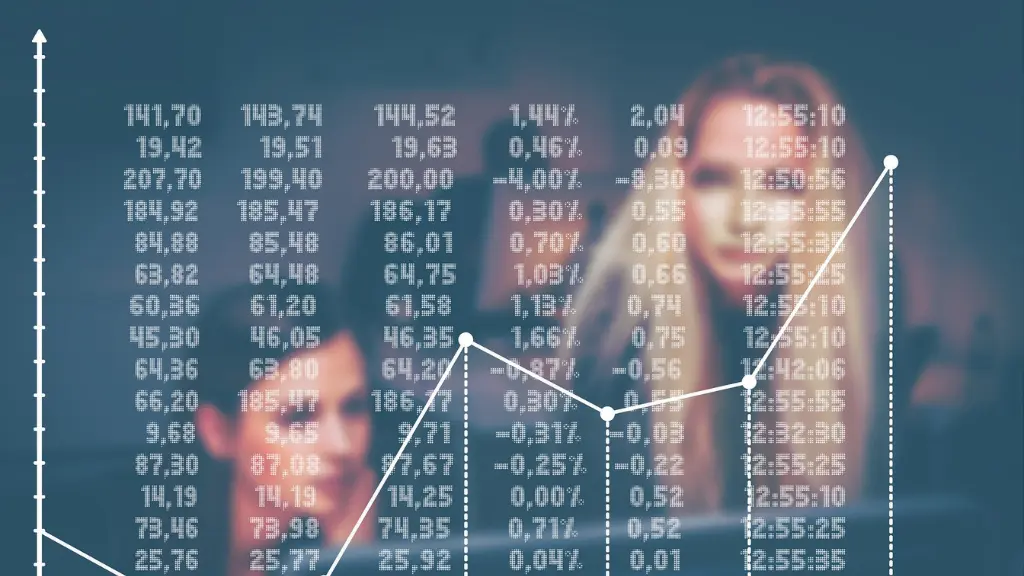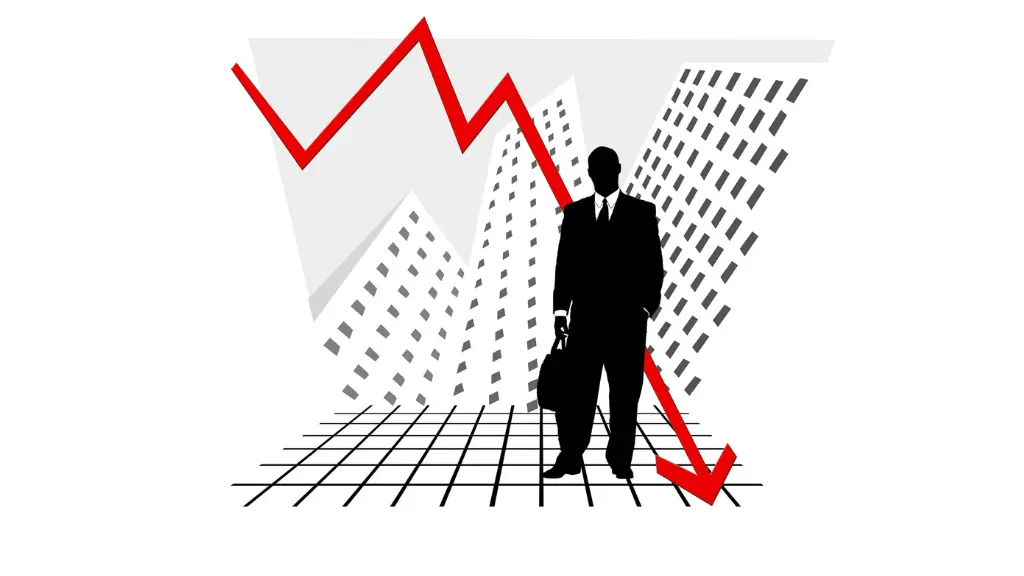
I recently came across the ishares emerging markets dividend etf dvye (DVYE) and was immediately intrigued by its potential. As an investor, I am always on the lookout for opportunities that can provide both growth and income, and this ETF seems to fit the bill.
Ishares emerging markets dividend etf dvye is designed to track the performance of companies in emerging markets that have a history of paying dividends. This means that investors can potentially benefit from both capital appreciation and regular income payments. With emerging markets poised for growth in the coming years, this ETF could be a smart addition to any investor’s portfolio.
One of the things that sets ishares emerging markets dividend etf dvye apart from other emerging market ETFs is its focus on dividends. By targeting companies that have a history of paying dividends, this ETF may be able to provide more stable returns over the long term. Of course, like any investment, there are risks involved, but for investors who are willing to take on a bit of risk in exchange for potential rewards, DVYE could be worth considering.
Overview of Ishares Emerging Markets Dividend Etf Dvye

As an investor looking for exposure to emerging market dividends, the ishares emerging markets dividend etf dvye is a compelling option. This ETF aims to replicate the investment outcomes of the Dow Jones Emerging Markets Select Dividend Index. The index is specifically formulated to assess the top 100 dividend-yielding companies in emerging markets. Stocks in emerging markets.
DVYE ETF Review
DVYE ETF has a relatively low expense ratio of 0.49% and ishares emerging markets dividend etf dvye offers a dividend yield of around 5%. It provides diversified exposure to emerging market equities with a focus on dividend-paying companies, making it a suitable option for income-seeking investors.
The ETF has a total net asset value of around $1.5 billion and is heavily weighted towards financials, energy, and utilities sectors. It is important to note that the fund is not currency hedged, which means investors are exposed to currency risk.
DVYE Holdings
The top holdings of DVYE ETF include China Mobile, Taiwan Semiconductor, and Gazprom, which are among the largest dividend-paying companies in emerging markets. The fund is also well-diversified across various countries, with the highest exposure to China, Taiwan, and Russia.
Overall, DVYE ETF provides a cost-effective and diversified way to gain exposure to emerging market dividends. However, investors should be aware of the risks associated with investing in emerging markets, including currency risk and political instability.
Investment Strategy

I have been analyzing the ishares emerging markets dividend etf dvye and its investment strategy. This ETF seeks to track the investment results of an index composed of relatively high dividend paying emerging market equities.
Ishares emerging markets dividend etf dvye invests in a diverse range of companies across various sectors, including financials, energy, and utilities. The fund’s holdings are spread across multiple countries, with the highest allocations in Taiwan, Brazil, and South Africa.
The ETF’s investment strategy is to provide investors with exposure to emerging market equities that pay dividends. This approach can provide investors with a source of income while also potentially benefiting from the growth potential of emerging markets.
Ishares emerging markets dividend etf dvye has a relatively high dividend yield compared to other emerging market ETFs, which may appeal to investors seeking income. However, it is important to note that high dividend yields can also indicate higher risk.
Overall, ishares emerging markets dividend etf dvye investment strategy aims to provide investors with exposure to high dividend paying emerging market equities. The fund’s diversified holdings across various sectors and countries can potentially provide investors with a balanced approach to investing in emerging markets.
Dividend Information

DVYE Dividend History
As an investor in the ishares emerging markets dividend etf dvye, it is important to understand the fund’s dividend history. DVYE has a track record of paying dividends on a quarterly basis, with the most recent dividend being paid on March 1, 2024.
Over the past five years, DVYE has paid an average dividend yield of 5.19%. The fund’s dividend payout has been relatively consistent, with only minor fluctuations from quarter to quarter.
DVYE Dividend Yield
The current dividend yield for DVYE is 4.92%. This ishares emerging markets dividend etf dvye yield is calculated by dividing the annual dividend payment by the current share price. It is important to note that dividend yields can fluctuate based on changes in the fund’s share price and dividend payouts.
Investors should also be aware that DVYE is a dividend-focused ETF, which means that it invests in companies with a history of paying dividends. This focus on dividends can provide investors with a steady stream of income, but it can also result in a portfolio that is more heavily weighted towards certain sectors or regions.
Overall, ishares emerging markets dividend etf dvye dividend history and current dividend yield make it a potentially attractive investment option for those seeking income from emerging markets. However, as with any investment, it is important to conduct thorough research and consider your individual investment goals and risk tolerance before making any decisions on ishares emerging markets dividend etf dividend history.
Performance Analysis

I have analyzed the performance of ishares emerging markets dividend etf dvye over the past year and compared it to its benchmark index, the Dow Jones Emerging Markets Select Dividend Index.
DVYE has had a positive year, with a return of 13.2% compared to the index’s return of 11.6%. Nevertheless, it is crucial to emphasize that previous achievements do not assure future outcomes.
DVYE has a dividend yield of 4.14%, which is higher than the index’s yield of 3.81%. This makes it an attractive option for income-seeking investors.
When looking at the top holdings of DVYE, it is clear that the fund is heavily invested in the financial sector, with over 30% of its holdings in banks and financial services companies. This sector has performed well in emerging markets over the past year, contributing to ishares emerging markets dividend etf dvye overall positive performance.
Overall, DVYE has performed well over the past year and offers a high dividend yield for income-seeking investors. However, as with any investment, it is important to do your own research and consider your own investment goals and risk tolerance before making any decisions.
Risk Considerations

Investing in the ishares emerging markets dividend etf dvye involves certain risks that investors should consider before making any investment decisions. While DVYE offers exposure to high dividend yielding companies in emerging markets, it is important to understand the potential risks associated with this type of investment.
Firstly, emerging markets are generally considered to be more volatile than developed markets. This means that the value of ishares emerging markets dividend etf dvye underlying assets can fluctuate significantly in response to changes in economic conditions, political events, and other factors that are unique to emerging markets.
In addition, DVYE is heavily concentrated in certain sectors and countries. For example, the fund has a significant exposure to the financial sector and to countries such as China, Taiwan, and South Africa. As a result, any adverse developments in these sectors or countries could have a significant impact on the fund’s performance.
Another risk to consider is currency risk. DVYE invests in companies that are based in emerging markets, which means that the fund is exposed to fluctuations in foreign currency exchange rates. If the value of the U.S. dollar increases relative to the currencies of the countries in which DVYE invests, then the fund’s returns may be negatively impacted.
Finally, investors should be aware that DVYE charges an expense ratio of 0.49%, which is higher than the average expense ratio for ishares emerging markets dividend etf dvye. While this is still relatively low compared to actively managed funds, investors should consider whether the higher expense ratio is justified given the potential risks associated with investing in ishares emerging markets dividend etf dvye.
In conclusion, while DVYE offers investors exposure to high dividend yielding companies in emerging markets, it is important to understand the potential risks associated with this type of investment. Investors should carefully consider their own investment objectives, risk tolerance, and financial situation before making any investment decisions.
Comparative Analysis

I have conducted a comparative analysis of ishares emerging markets dividend etf dvye against other similar ETFs in the market. Here are my findings:
DVYE vs. VWO
DVYE and Vanguard FTSE Emerging Markets ETF (VWO) are both popular emerging market ETFs. Nevertheless, there exist notable distinctions between the pair.
DVYE focuses on dividend-paying companies in emerging markets, while VWO seeks to track the performance of the FTSE Emerging Markets Index. As a result, DVYE has a higher dividend yield compared to VWO. Additionally, DVYE has a higher expense ratio than VWO, but it also has a higher 3-year average annual return.
DVYE vs. DEM
WisdomTree ishares emerging markets dividend etf dvye is another ETF that focuses on dividend-paying companies in emerging markets. However, there are some notable differences between DVYE and DEM.
DVYE has a lower expense ratio compared to DEM, but it also has a lower dividend yield and a lower 3-year average annual return. On the other hand, DEM has a higher dividend yield and a higher 3-year average annual return, but it also has a higher expense ratio.
DVYE vs. EEM
iShares MSCI Emerging Markets ETF (EEM) is another popular emerging market ETF that is often compared to DVYE. However, these two ETFs have different investment objectives.
EEM seeks to track the performance of the MSCI Emerging Markets Index, while DVYE focuses on ishares emerging markets dividend etf dvye dividend-paying companies in emerging markets. As a result, DVYE has a higher dividend yield compared to EEM. However, EEM has a lower expense ratio and a higher 3-year average annual return compared to DVYE.
Overall, ishares emerging markets dividend etf dvye is a solid choice for investors looking for exposure to dividend-paying companies in emerging markets. However, investors should carefully consider their investment objectives and compare DVYE with other similar ETFs before making any investment decisions.
How to Invest in DVYE

Investing in ishares emerging markets dividend etf dvye can be done through a brokerage account. Here are the steps to invest in DVYE:
- Create a brokerage account: In case you do not possess a brokerage account yet, it is essential to initiate the process of opening one. There are many online brokers available that offer trading services for ETFs like DVYE. Several well-known choices encompass Charles Schwab, Fidelity, and TD Ameritrade.
- Fund your account: After successfully setting up your brokerage account, proceed to finance it with funds. You may accomplish this by transferring funds from your bank account or depositing a check.
- Search for DVYE: After funding your account, search for DVYE by typing its ticker symbol (DVYE) into the search bar on your broker’s website or app.
- Buy DVYE: Once you’ve found ishares emerging markets dividend etf dvye, you can buy shares by clicking the “buy” button and entering the number of shares you want to purchase. You can also set a limit order if you want to specify the maximum price you’re willing to pay for the shares.
- Monitor your investment: After buying DVYE, it’s important to monitor your investment regularly to ensure it’s performing as expected. You can do this by checking the price of DVYE and reviewing any news or market updates that may impact its performance.
Conclusion
Investing in ishares emerging markets dividend etf dvye can provide exposure to a diversified portfolio of emerging market companies that pay dividends. However, as with any investment, there are risks involved, including market volatility and the potential for loss of principal.

Conducting thorough research and seeking guidance from a financial professional are crucial steps prior to finalizing any investment choices. Contact our website here: https://mengmarketing.com/contact/.

1 thought on “iShares Emerging Markets Dividend ETF DVYE”